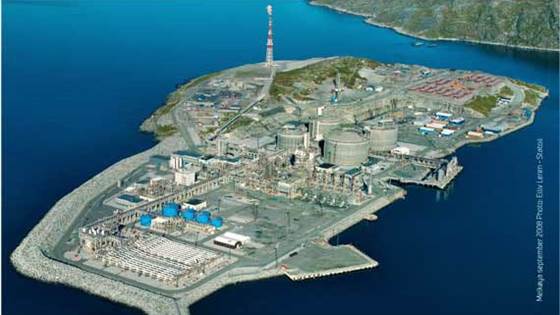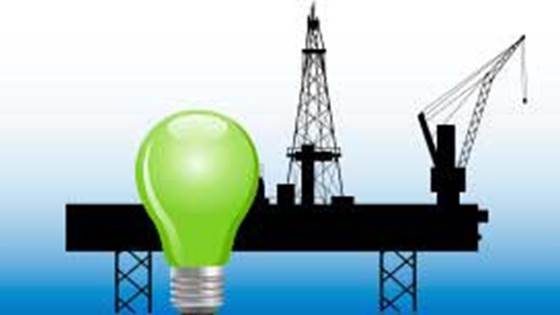The models have a level of detail that is suitable for linking and use with various process simulation tools to study how given designs will behave and affect reliability and energy consumption under various conditions.
We work with both users and manufacturers of heat exchangers and may also help in developing new concepts and use of new materials.
We work in these areas:
- Oil and gas processing
- Natural gas liquefaction (LNG)
- Effective utilization of waste heat from exhaust gases from industrial processes
- Use of compact heat exchangers for the automotive industry
- CO2 capture
- New concepts for subsea cooling of process equipment
Method:
We use mathematical modeling of the phenomena that apply to heat transfer locally between a fluid and a wall. Through a separate established modeling methodology, small elements are connected together to describe complicated heat exchangers that can be used with in process simulation. Our underlying thermodynamic and physical models are validated, where possible, to own measurements and from recent research found in literature.
Typical projects for us are:
- Studies of how heat exchangers behave, and how it can affect, an industrial process under various process conditions with respect to reliability and energy consumption
- Analyze the impact of design modifications to existing heat exchangers
- Optimization of the design within given constraints such as weight and volume
- Assessment of new heat exchanger concepts
- Design of a prototype heat exchangers for laboratory purposes
- Measurement and modeling of new and existing heat exchanger concepts



